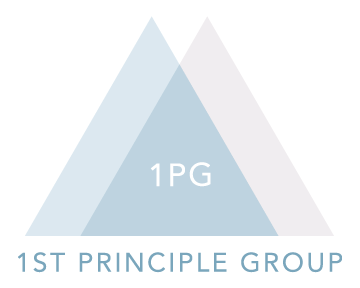"What's your story?"

“The mystery of one man is too immense and too profound to be explained by another man."
-Henri Nouwen
This past week, I’ve been thinking a lot about stories. I believe we are made for stories and we respond on a deeper level to stories than we would to straight facts and figures. The stories in scripture give us these short snapshots of a moment in time, a specific instance where something actually physically happened. We focus so much on the meaning of the event that we often forget these are real people, with real lives and stories that got caught up in something cosmic...something so huge they were likely not aware of it.
We know them by their ailments - “the bleeding woman”...“the woman caught in adultery”...”the crippled man”...”the blind man”...”the lame man”...a few of them get speaking parts, some even show a glimpse of what life looked like after their encounter with God; but all of them usually take a backseat to a spiritual lesson on Sunday.
Unfortunately in our potential 'over-spiritualization' of these stories we forget that they involved real people with names...families...entire lives before and after their entry into Scripture. The man laying by the pool at Bethesda - he had been there for 38 years, every day. What happened to his family? What discouraging words had he heard day after day? The blind man...what darkness did he live through before encountering God? Was it only physical or had people told him it was because of his sin he could not see? The bleeding woman...how did her family treat her? What did it feel like to wake up every day with something so obvious and repulsive to those who came in contact with her?
If I fail to connect with these nameless people in the midst of their story, how often do I forget my own? If I were dropped in the middle of a cosmic narrative what would my descriptor be: The anxious man? The conscious man? The doubting man?
If I miss my own story so easily, I am likely interacting with others, completely unaware that they also have a story - a grand story being woven around individual moments and encounters with God. The people who were healed, their stories did not end at that moment in time. The man who took up his mat and walked probably spent a good amount of time walking around the next few days, getting used to his legs. The woman caught in adultery still saw the very men in the market who had days before held stones in their hand waiting to kill her. The blind man who received his sight, I would guess spent a lot of time taking in the things he had listened to and smelled for so long but could now see.
I interact with people daily, picking apart the ways they annoy me, the ways they should have done something better, the ways in which they can’t get their act together (you may be thinking ‘man this guy should probably not work with people’...bear with me…) How shortsighted of me! To see people as “The Lazy Guy”...“The Sad Girl”...”The Needy Friend”...rather than people with a story, waiting for an encounter with Jesus that brings healing.
Even after Jesus left, we continue to encounter people being healed - being given a new lease on life. We see Peter in Acts 3 heal a “lame beggar” at the city gates. A man who simply asked for money, but instead was given the ability to walk.
Some days I’m the beggar at the gate. I’m just asking for some help to make it through the day not even aware that I could be given the ability walk. Other days I’m Peter, seeing someone needing a healing touch and reaching out to them in faith trusting that God will restore them. Everyday I’m living a story that has not been completed, that is continually being written and involves so much more than just me.
We have to encounter each other with the compassion and understanding that our interactions are happening at a single moment in a grand story.
Central to our stories is the daily healing our hearts so desperately need. We have to be willing to invite healing as well as being a part of healing. What does it look like to for you to consider someone within their story? What parts of your story would help others understand you better?
